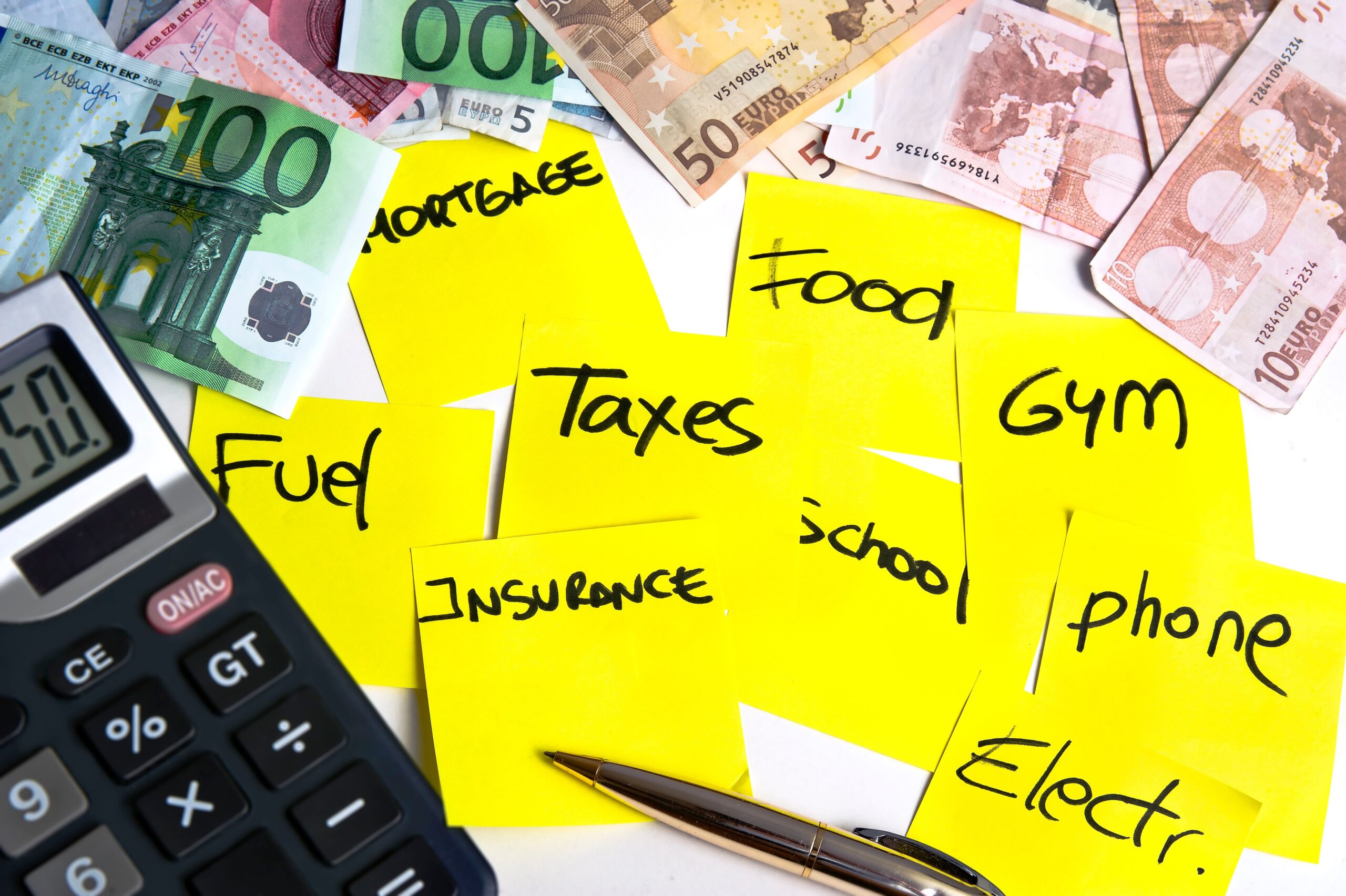
Being in an IVA means you will have to live with certain spending restrictions. Your creditors will expect you to keep your expenses to reasonable levels ensuring you pay back as much as you can towards your debt.
Included in this article:
- The IVA spending restrictions for 2023
- How to manage your budget within the spending restrictions
- What if you have a financial emergency?
- What if your living expenses change?
Want help to start an IVA?
Give us a call: 0800 011 4712 or complete the form below to speak to one of our experts
The IVA spending restrictions for 2023
The IVA spending restrictions define the amount you are allowed to include in your living expenses budget. The key figures are shown below.
You may be surprised at how low some of the figures seem. But remember, when you start an IVA, your creditors agree to write off debt for you. They will only do this if they can see you are keeping your costs as low as possible and therefore paying them back as much as you can afford.
Remember, once your budget is agreed, 100% of your surplus income has to be paid into your IVA. Holding back any of your surplus to cover additional spending is not allowed.
If you believe you can’t live within the restrictions and need to spend more, there may be some flexibility. However, you will need to justify the reasons based on your specific circumstances.
Housekeeping – Groceries & Toiletries
Single person: £220/mth
Couple: £350/mth
Each additional child: £90/mth
Additional meals at work budget: £40/mth (per working adult)
Additional school lunches: £40/mth/child
Clothes
Single person: £30/mth
Couple: £50/mth
Each additional child: £20/mth
Additional School Uniform: £17/mth per child
Entertainment & Hobbies
Single person: £30/mth
Couple: £50/mth
Each additional child: £15/mth
Additional school trips / pocket money: £20/child
For a full list of expenditure categories and restrictions, download our IVA living expenses guide.
Struggling to get your head round all of this? We can help. Call us (0800 011 4712) or complete the form below. The advice is free and confidential.
How to manage your budget within the spending restrictions
Once your IVA starts, you remain in control of how you spend your money. As long as you maintain the agreed monthly payment, what you do with the rest of your income is up to you.
This means you will need to manage your spending carefully. It will be essential to ensure you have a sufficient amount available to cover your bills such as rent / mortgage, council tax and utilities every month.
One way to do this is to divide the major budgets such as groceries and toiletries into weekly amounts. Try not to spend more than the weekly maximum. It might be helpful to actually write down what you spend when you spend it and keep a total so you can see the numbers in black and white.
It is likely you will need to put some money aside each month. Some of your spending allowances will need to be saved until needed. A good example of this is your budget for car repairs. You could open a savings account at your bank to help with this.
What if you have a financial an emergency?
Financial emergencies can happen at any time. You may have an unexpected car repair or suddenly need a new washing machine.
If you have been in your IVA for a while, you might have managed to put some funds aside to use when these situations arise. But more often than not, the tight spending restrictions mean this may not have been possible.
Where you have no savings available, a good way to manage an emergency is to request a break from your IVA payments. Depending on the amount you pay each month, you can then use these funds to resolve the problem.
You must agree any payment break with your IVA company. They are able to suspend your payments for up to 9 months if required. However, any payments missed are added to the end of the Plan.
Borrowing more to cover a financial emergency should be avoided if at all possible. Trying to repay the new debt could put your IVA at risk.
What if your living expenses change?
An IVA will normally last 5-6 years. During this time, your living expenses may change. In some cases they might fall (for example if a dependant child leaves home). But more often than not they go up.
A good example of this is the 2022 cost of living crisis which has significantly increased the cost of everyday expenses such as car fuel and energy bills. The effect of such increases is that you then struggle to pay your IVA.
In these circumstances, you must speak to your IVA company about a payment reduction. They may be able to reduce your payment by up to 50% depending on your circumstances. The actual amount will depend on what you are currently paying.
Any reduction in your payment will come hand in hand with an extension of your IVA. You will have to agree to pay an extra 12 – 24 months of payments to compensate your creditors.
You are unlikely to be able to reduce your payments much below £100/mth. If you can’t reach an agreement, you should look at the option of cancelling the Arrangement and using a different debt solution.
Need more advice about IVA spending restrictions? Call us (0800 011 4712) or complete the form below. We are happy to help.


